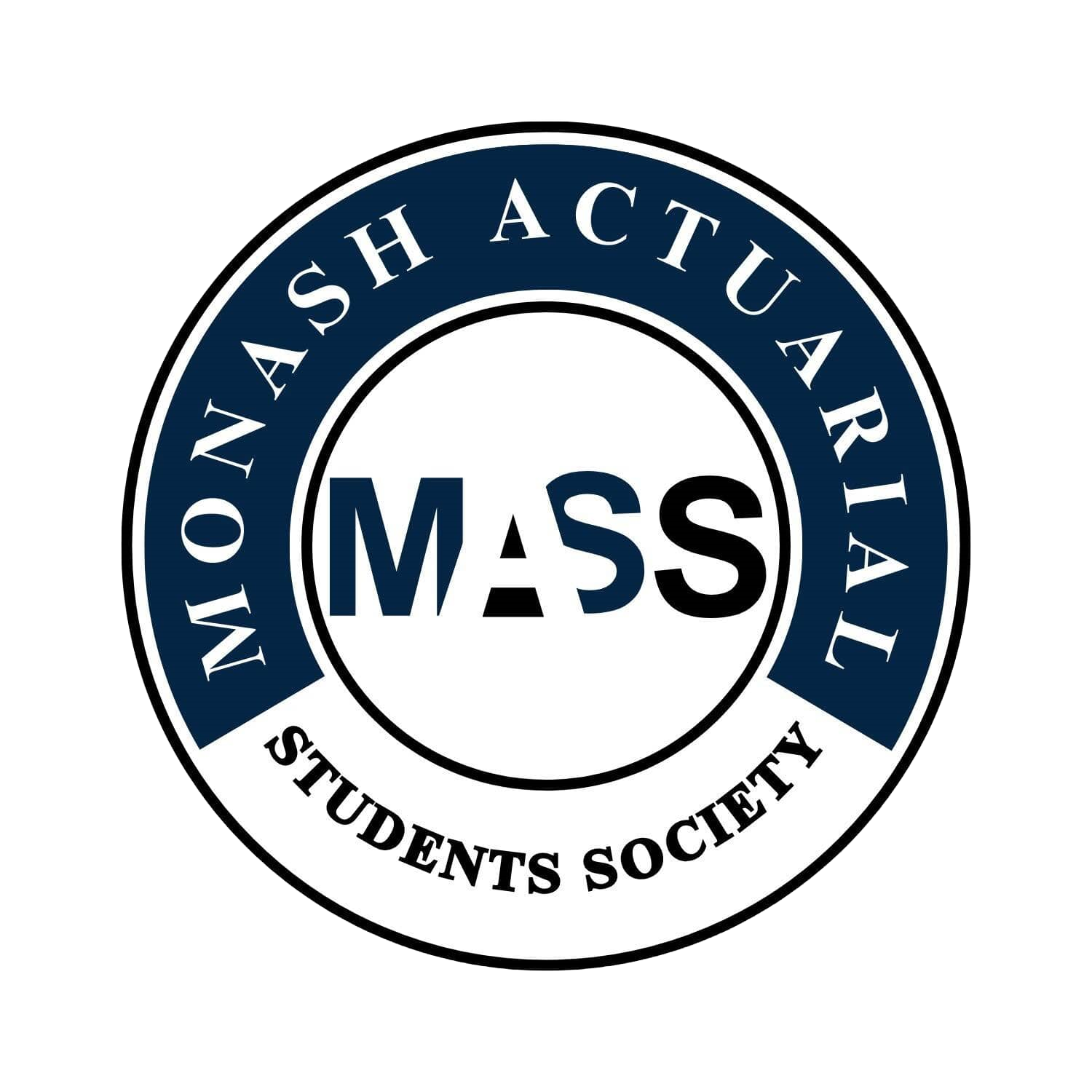ETC1000 Business and Economics Statistics
Difficulty:
Year Completed: Semester 1, 2025
Prerequisite: N/A
Exemption: N/A
Mean Setu Score: 79.6%
Clarity of Learning Outcomes: 83.20%
Clarity of Assessments: 77.46%
Feedback: 63.37%
Resources: 73.36%
Engagement: 81.97%
Satisfaction: 77.37%
Subject Content:
Lecture(s) and Tutorial(s):
Textbook(s):
Assessments:
This subject builds a strong foundation in statistical analysis, teaching students to organize and interpret categorical and numerical data using descriptive statistics, standardisation techniques, and visual tools. It covers probability, sampling, inference, regression, and time series analysis, with a focus on applying models to real-world decision-making in business and economics. Students gain practical experience using R to implement statistical techniques for classification, prediction, and data-driven insights.
1 x 1 hour live lecture (recorded and uploaded), combining theory and practical demonstrations, hosted weekly by the Chief Examiner on Zoom.
1 x 1.5 to 2 hour tutorial weekly, split between practical exercises and quizzes completed individually and in groups.
No specific textbook required. Comprehensive lecture notes and additional resources were provided on Moodle to support learning.
Tutorial Quizzes and Participation (20%): Weekly group or individual quizzes conducted during tutorials.
Two In-Class Tests (20% total): Closed-book online tests during tutorials covering Excel (Test 1) and R programming (Test 2).
Group Project and Video Presentation (20%): Group assignment involving data collection, analysis, and interpretation, culminating in a recorded presentation.
Final Exam (40%): Open-book exam focusing on interpretation of Excel and R output screenshots; no calculator allowed.
Comments
This unit introduces students to key statistical methods and software tools (Excel and R) essential for data analysis in business and economics. The workload increases as the semester progresses, requiring steady engagement and preparation.
Weekly one-hour Zoom lectures hosted by the Chief Examiner offered real-time Q&A and were recorded on Echo360. These lectures combined theory and practical examples, with additional Excel tutorials available on Moodle.
Attendance is necessary as quizzes occur weekly. Tutorials are structured in two parts: an individual practical exercise or quiz, followed by a group quiz. Preparation is essential—students should watch lectures and complete tutorial questions beforehand to actively contribute and benefit most from sessions. Collaboration and TA support reduce quiz pressure.
The mid-semester test assesses familiarity with Excel functions, focusing on data interpretation through straightforward questions. The second test requires confident use of R and the ability to interpret results, with emphasis on understanding theory beyond coding.
For the group project, selecting reliable group members and effective delegation is crucial. Proofreading is important to ensure consistency in interpretation and overall quality.
The final exam requires interpreting Excel or R outputs provided in questions. Strong data interpretation skills are necessary, as calculations are infrequent. Overfocusing on calculations rather than analysis can negatively impact performance.
The final exam covers all content weeks but emphasises theory and interpretation rather than performing calculations. Excel and R outputs are provided for analysis. It is open book, no calculator allowed, and time pressure is generally low. Many students found it challenging to adjust from computational focus in tutorials to interpretative exam questions. Practice exams are highly recommended for preparation.
Success in ETC1000 hinges on mastering the interpretation of statistical results and writing clear, concise extended responses. It is important not to neglect theoretical content despite its delayed assessment. Putting effort into the group project can significantly relieve pressure before the exam. While the unit content starts easy, complexity increases throughout the semester, so consistent study and preparation are key.
General Overview:
Lectures:
Tutorials:
Assessments/Other Assessments
Exams
Concluding Remarks

